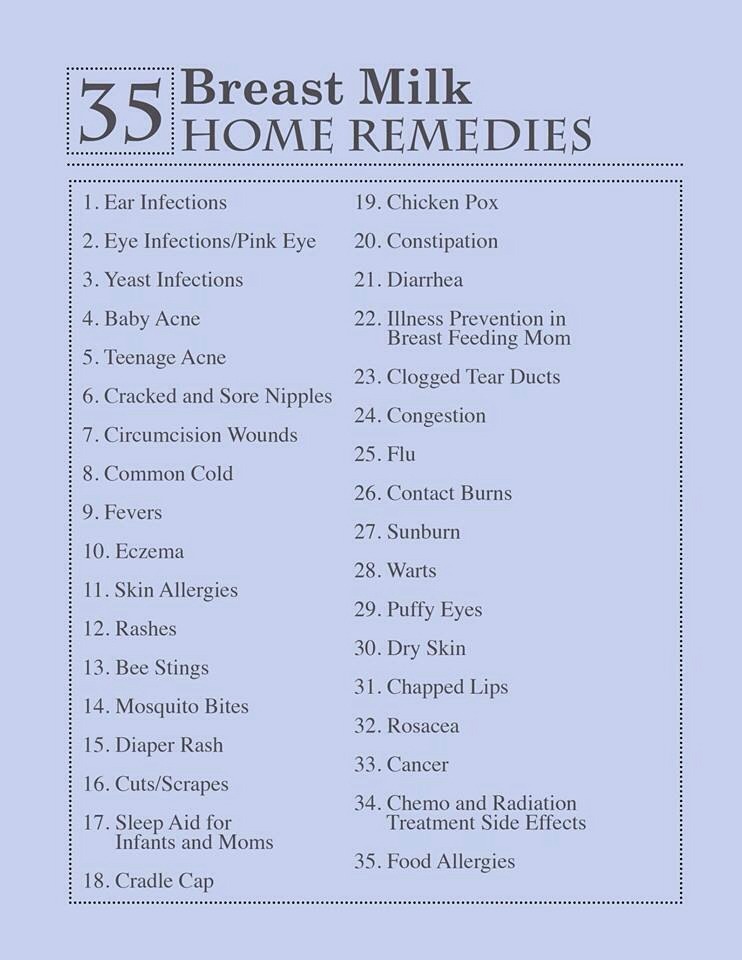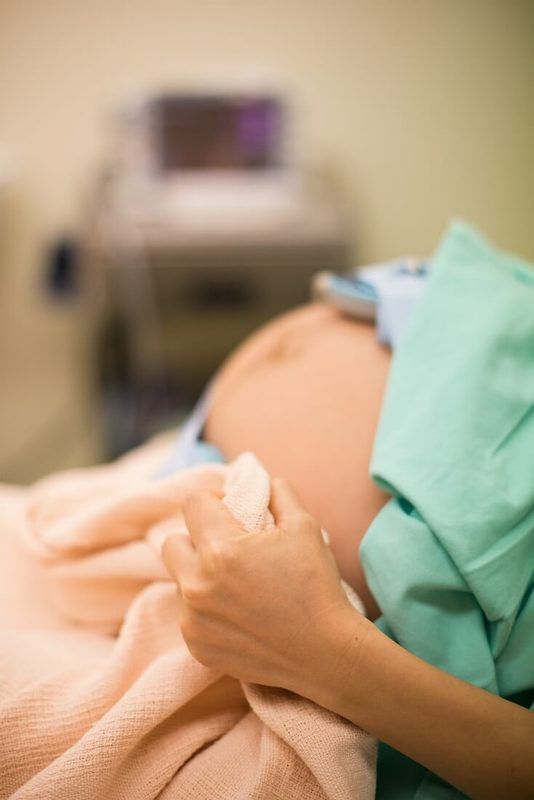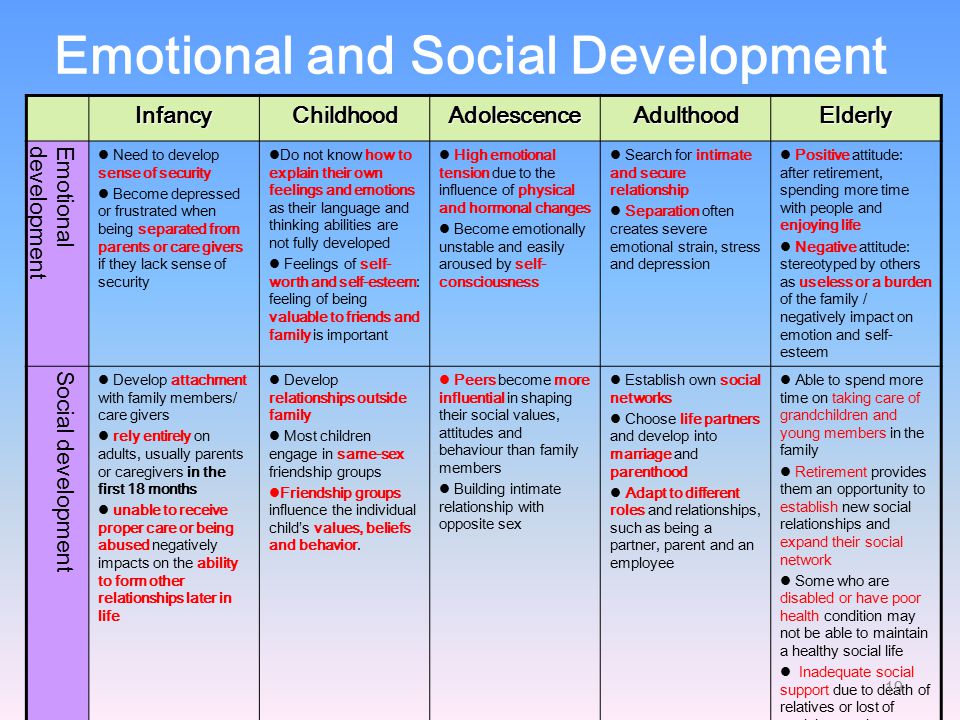Why kids vomit
Vomiting in children and babies
It's normal for babies and children to vomit occasionally. In most cases, it will last no longer than one to two days and isn't a sign of anything serious.
The most common cause of vomiting in children and babies is gastroenteritis. This is an infection of the gut usually caused by a virus or bacteria, which also causes diarrhoea. The symptoms can be unpleasant but your child will usually start to feel better after a few days.
However, persistent vomiting can sometimes cause your child to become severely dehydrated and occasionally it can be a sign of something more serious, such as meningitis.
This page outlines what to do if your child keeps vomiting and describes some of the common causes of vomiting in children and babies.
If your child has a high temperature, you can also read a separate page about fever in children.
What to do
If your child vomits, you should keep a close eye on them. Trust your instincts and contact your GP immediately if you're worried.
If the cause is just a tummy bug, your child should still be feeling well enough to eat, play and be their usual self. In this case, keep feeding them as normal and offer them regular drinks (see below).
But if they don't seem themself – for example, if they're floppy, irritable or less responsive – they may be seriously ill, so you should get medical help immediately.
When to get medical advice
You should contact your GP if:
- your child is repeatedly vomiting and is unable to hold down fluids
- you think they're dehydrated – symptoms of dehydration can include a dry mouth, crying without producing tears, urinating less or not wetting many nappies, and drowsiness
- their vomit is green or contains blood
- they have been vomiting for more than a day or two
Go to your nearest accident and emergency (A&E) department if your child is vomiting and develops sudden and severe tummy pain, or they're floppy, irritable or less responsive
Call 999 for an ambulance or go to your nearest A&E department immediately if they're vomiting and have a headache, stiff neck and a rash.
Looking after your child at home
In most cases, you can treat your child safely at home. The most important thing you can do is make sure they keep drinking fluids to prevent dehydration.
If your baby is vomiting, carry on breastfeeding or giving them milk feeds. If they seem dehydrated, they will need extra fluids. Ask your GP or pharmacist whether you should give your baby oral rehydration solution.
Oral rehydration solution is a special powder that you make into a drink. It contains sugar and salts to help replace the water and salts lost through vomiting and diarrhoea.
Children who are vomiting should keep taking small sips of clear fluid, such as water or clear broth. Fruit juice and fizzy drinks should be avoided until they're feeling better. If they're not dehydrated and haven't lost their appetite, it's fine for your child to eat solid foods as normal.
Again, speak to your GP or pharmacist if you're concerned about dehydration. They may recommend an oral rehydration solution for your child. Contact your GP or practice nurse if your child is unable to hold down oral rehydration solution.
Contact your GP or practice nurse if your child is unable to hold down oral rehydration solution.
If your child has diarrhoea and is vomiting, they shouldn't go to school or any other childcare facility until 48 hours after the last episode of diarrhoea or vomiting.
Read more about treating gastroenteritis in children.
Causes of vomiting in children
There are a number of possible causes of vomiting in children, which are described below.
Gastroenteritis
Gastroenteritis is an infection of the gut. It's a common cause of vomiting in children and usually lasts a few days.
Food allergy
Food allergies can cause vomiting in children, as well as other symptoms, such as a raised, red, itchy skin rash (urticaria) and swelling of the face, around the eyes, lips, tongue or the roof of the mouth.
Watch out for foods that may bring on vomiting and see your GP for a diagnosis if you think your child may have a food allergy.
Other infections
Vomiting can sometimes be a sign of an infection other than gastroenteritis, such as urinary tract infections (UTIs), middle ear infections, pneumonia or meningitis.
Contact your child's GP if they're vomiting and experiencing additional symptoms of an infection, such as a high temperature (fever) and irritability.
Appendicitis
Appendicitis is a painful swelling of the appendix, a finger-like pouch connected to the large intestine. It causes severe tummy pain that gets worse over time.
If your child has tummy pain that's gradually getting worse, contact your GP, or if they aren't open call NHS 24's 111 service immediately. You should call 999 for an ambulance if they have pain that gets worse quickly and spreads across their tummy.
In most cases of appendicitis, the appendix will need to be surgically removed as soon as possible.
Poison
Accidentally swallowing something poisonous can cause your child to vomit. If you think this is the case, contact your GP immediately or take your child to your nearest accident and emergency (A&E) department.
Causes of vomiting in babies
These include:
- gastroenteritis
- a food allergy or milk intolerance
- gastro-oesophageal reflux – where stomach contents escape back up the gullet
- too big a hole in the bottle teat, which causes your baby to swallow too much milk
- accidentally swallowing something poisonous
- congenital pyloric stenosis – a condition present at birth where the passage from the stomach to the bowel has narrowed, so food is unable to pass through easily; this causes projectile vomiting
- a strangulated hernia – your baby will vomit frequently and cry as if they are in a lot of pain; this should be treated as a medical emergency
- intussusception (where the bowel telescopes in on itself) – as well as vomiting, your baby may look pale, floppy and have symptoms of dehydration
Vomiting (for Parents) - Nemours KidsHealth
en español: Vómitos
Reviewed by: Mary L. Gavin, MD
Gavin, MD
What Is Vomiting?
Vomiting is the forceful throwing up of stomach contents. Most kids vomit from time to time, but it usually doesn't last long and often gets better on its own.
What Causes Vomiting?
Many different things can make kids throw up. Most of the time, it’s due to gastroenteritis, an infection of the stomach and intestines. Gastroenteritis, often called the "stomach flu," is usually caused by viruses. Other germs, like bacteria and parasites, can also cause gastroenteritis. Besides vomiting, people with gastroenteritis also may have nausea, belly pain, and diarrhea. Vomiting due to gastroenteritis usually lasts less than 24 hours and other symptoms get better in a few days.
What Else Can Cause Vomiting?
People can sometimes vomit from:
- food poisoning
- motion sickness
- migraine headaches
- pregnancy
Rarely, vomiting can be a sign of a serious problem, including:
- a blocked intestine, such as pyloric stenosis in infants
- other problems of the stomach and intestines, like gallstones, pancreatitis, or appendicitis
- increased pressure in the brain that can happen after a head injury or as a symptom of meningitis or a brain tumor
What Are the Signs & Symptoms of Vomiting?
Kids often feel nauseous and have belly pain before throwing up.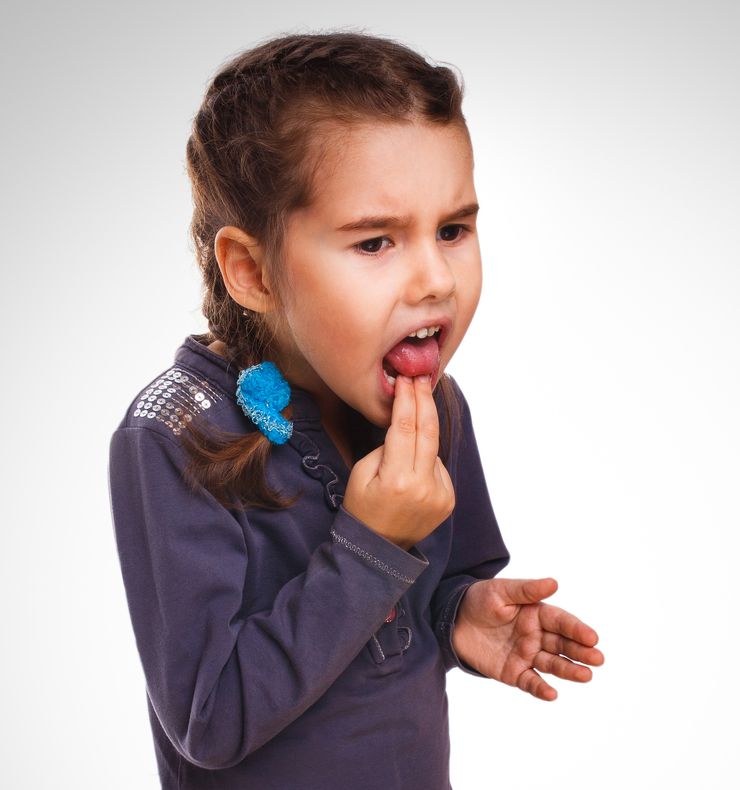 Other symptoms may include:
Other symptoms may include:
- fever
- loss of appetite
- diarrhea
Frequent vomiting can lead to dehydration (not having enough water in the body). Signs of dehydration include peeing less often crying with few or no tears, having a dry mouth or cracked lips, feeling dizzy or lightheaded, acting very sleepy or less alert.
How Do Doctors Find the Cause of Vomiting?
Doctors usually can tell if vomiting if part of a stomach flu by hearing about the symptoms. Usually, no tests are needed. If a child is vomiting often or is very sick, the doctor may order a urine test, blood test, or other tests to check for dehydration and to find out what is causing the vomiting.
How Is Vomiting Treated?
Treatment for vomiting depends on the cause. Vomiting from gastroenteritis usually goes away on its own in less than 24 hours.
If your child has vomiting, help prevent dehydration by giving an oral rehydration solution (such as Pedialyte, Enfalyte, or a store brand).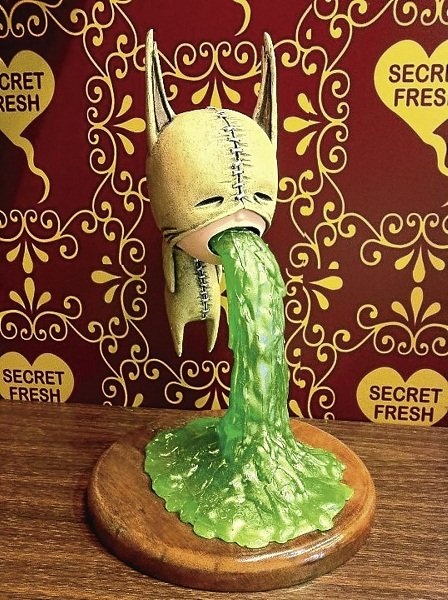 It has the right amounts of water, sugar, and salt to help with dehydration. You can buy it without a prescription at drugstores or supermarkets. If you can’t get oral rehydration solution, talk to your doctor.
It has the right amounts of water, sugar, and salt to help with dehydration. You can buy it without a prescription at drugstores or supermarkets. If you can’t get oral rehydration solution, talk to your doctor.
If your child has mild dehydration and your doctor says it’s OK to start treatment at home:
- Start with small sips of the oral rehydration solution, about 1 or 2 teaspoons every few minutes.
- Babies can continue to breastfeed or take formula as long as they are not throwing up repeatedly.
- Don't give babies plain water instead of oral rehydration solution. It doesn't have the right nutrients for babies with dehydration.
- Older children can have frozen electrolyte popsicles.
- Don’t give medicines for vomiting unless your doctor recommends it.
- When your child stops vomiting, you can offer small amounts of solid foods, such as toast, crackers, rice, or mashed potatoes. Yogurt, fruits, vegetables, and lean meat, like chicken, are also OK.
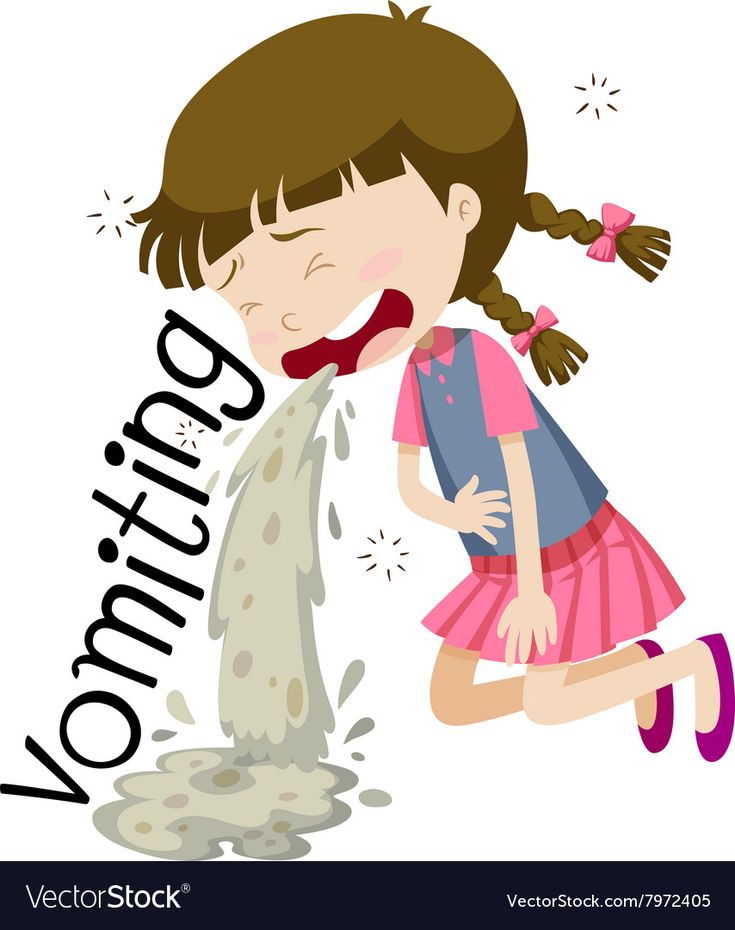
Kids who continue to vomit or have more severe dehydration need treatment in the ER or hospital.
When Should I Call the Doctor?
Call the doctor if your child:
- can’t drink for several hours
- has signs of dehydration, such as peeing less often, crying with few or no tears, having a dry mouth or cracked lips, feeling dizzy or lightheaded, acting very sleepy or less alert
- has a high fever
- is vomiting blood, or has green or brownish vomit
- has severe stomach or back pain
- has headache or stiff neck
- is vomiting after a head injury
- is vomiting for more than 24 hours
Reviewed by: Mary L. Gavin, MD
Date reviewed: May 2021
Share:
/content/kidshealth/misc/medicalcodes/parents/articles/vomit
what to do - useful information for patients, Vitbiomed clinic blog +
Text: Irina Frolova
Vomiting in a child is a serious symptom that should not be ignored.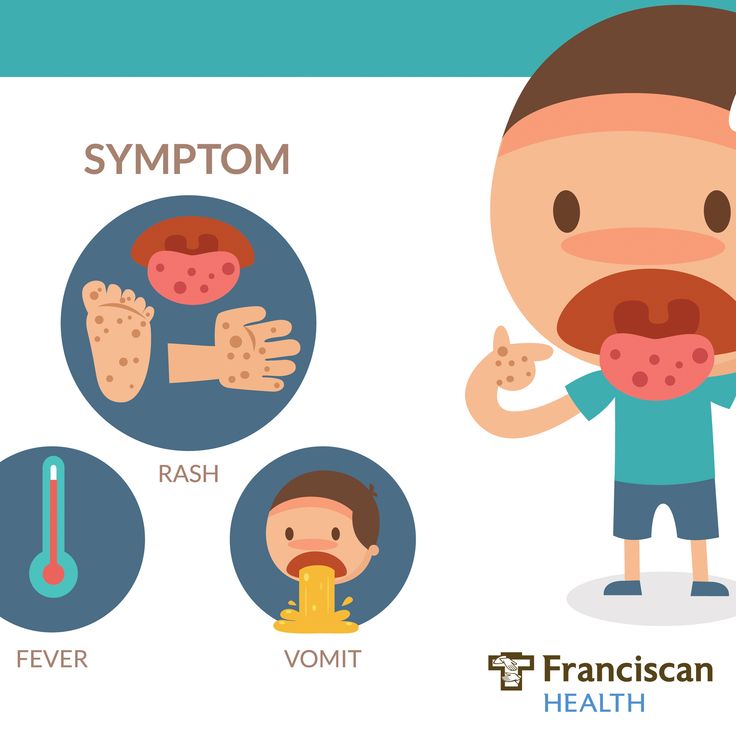 Vomiting may be accompanied by or without additional symptoms, diarrhea, and/or high fever. In this article, we will talk about the possible causes of vomiting without fever and diarrhea and what parents need to do.
Vomiting may be accompanied by or without additional symptoms, diarrhea, and/or high fever. In this article, we will talk about the possible causes of vomiting without fever and diarrhea and what parents need to do.
Causes of vomiting without fever and diarrhea
Viral gastroenteritis
This disease is also called the intestinal or stomach flu. Usually its causative agent is a virus from the group of rotaviruses, less often - norovirus. The disease begins abruptly, with indomitable vomiting, accompanied by rumbling and pain in the abdomen. Diarrhea may also develop after 12 to 24 hours, but this is not necessary. Rotavirus infection often occurs with an increase in temperature to febrile values.
Food allergy
Sometimes the only reaction to a food intolerance is vomiting. In this case, vomiting occurs almost immediately after consumption of the product. The most common food allergies are nuts, fish, seafood, milk, eggs, and soy products.
Gastrointestinal disorders
Non-viral gastritis, pancreatitis, cholecystitis and biliary dyskinesia may cause vomiting. As a rule, in children they are caused by errors in nutrition, but there may be other reasons. To make a diagnosis and prescribe treatment, you need to visit a gastroenterologist.
As a rule, in children they are caused by errors in nutrition, but there may be other reasons. To make a diagnosis and prescribe treatment, you need to visit a gastroenterologist.
Taking certain medications
Vomiting can be caused by not following the rules for taking certain medications, such as taking drugs on an empty stomach that irritate the stomach lining. Such drugs, in particular, include paracetamol, ibuprofen, iron preparations, theophylline.
Motion sickness
Motion sickness often causes nausea and vomiting. In this case, the child may experience pain in the abdomen, he may sweat a lot, and then vomiting begins. You can get sick not only on a trip, but even when watching movies shot with camera shake and fast-paced frames.
Cough
A severe cough can sometimes lead to vomiting, especially in children with reflux.
Migraine
About 10% of children suffer from migraine - cases of migraine have been reported in children of two years of age.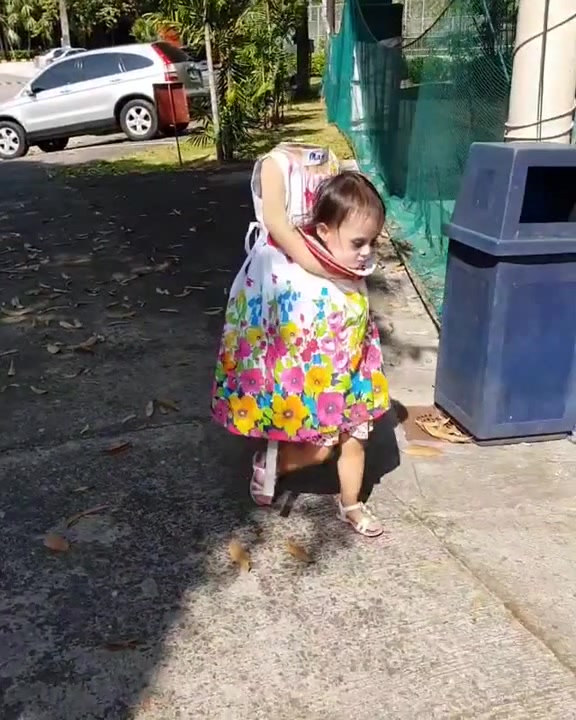 A migraine attack is often accompanied by vomiting.
A migraine attack is often accompanied by vomiting.
Stress
Vomiting can occur during a stressful situation in both children and adults.
Concussion
This is a dangerous condition that occurs after a fall and/or a blow to the head. Vomiting is often its main symptom, but headaches, visual disturbances, speech and gait disturbances may also occur. If you suspect a concussion, you should immediately call a doctor.
Appendicitis
Usually accompanied by severe abdominal pain and requires an ambulance.
Foreign body in the gastrointestinal tract
Sometimes children swallow various objects - buttons, batteries, and so on. This can lead to serious consequences, including intestinal obstruction, a sign of which is also vomiting.
How to determine the severity of vomiting
- Mild - 1-2 times a day
- Medium - 3-7 times a day
- Severe - more than 8 times a day or after any meal, water
How dangerous vomiting is
It causes dehydration, and the more severe the vomiting, the more severe the dehydration. With severe dehydration, the functions of various body systems are disrupted; in severe cases, death can occur without infusion therapy. Children become dehydrated very quickly, and at the first suspicion of dehydration, it is necessary to call a doctor.
With severe dehydration, the functions of various body systems are disrupted; in severe cases, death can occur without infusion therapy. Children become dehydrated very quickly, and at the first suspicion of dehydration, it is necessary to call a doctor.
How to identify dehydration
- The child has dark urine and has not urinated for 8 hours
- Child has dry mouth
- The child cries without tears
If these signs appear, call an ambulance. Dehydration is dangerous to the life of a child, especially a younger one.
What to do for parents
As a first aid, help the child to clear the mouth of the remnants of vomit (toddlers clean the mouth of the parents, older children can rinse their mouths themselves), put to bed in such a way that the head is higher than the body, offer water, but do not feed for at least two hours after vomiting.
If vomiting is mild but recurs occasionally, visit a pediatrician and determine the cause. Treatment will depend on the cause.
Treatment will depend on the cause.
In case of vomiting that lasts more than a day, you should consult a local pediatrician or call an ambulance.
In case of severe vomiting, if the child cannot be hydrated or if the child's condition worsens, an ambulance should be called.
When to call an ambulance
- The child is too weak to move and speak
- The child loses consciousness
- The child is disoriented
- Blood or bile (green) appears in the vomit.
You can make an appointment with the pediatrician of the Vitbiomed+ network clinic closest to you by calling +7 (495) 104-40-03 or on the website.
causes and first aid for a child
We treat children according to the principles of evidence-based medicine: we choose only those diagnostic and treatment methods that have proven their effectiveness. We will never prescribe unnecessary examinations and medicines!
Make an appointment via WhatsApp
Prices Doctors
The first children's clinic of evidence-based medicine in Moscow
No unnecessary examinations and drugs! We will prescribe only what has proven effective and will help your child.



